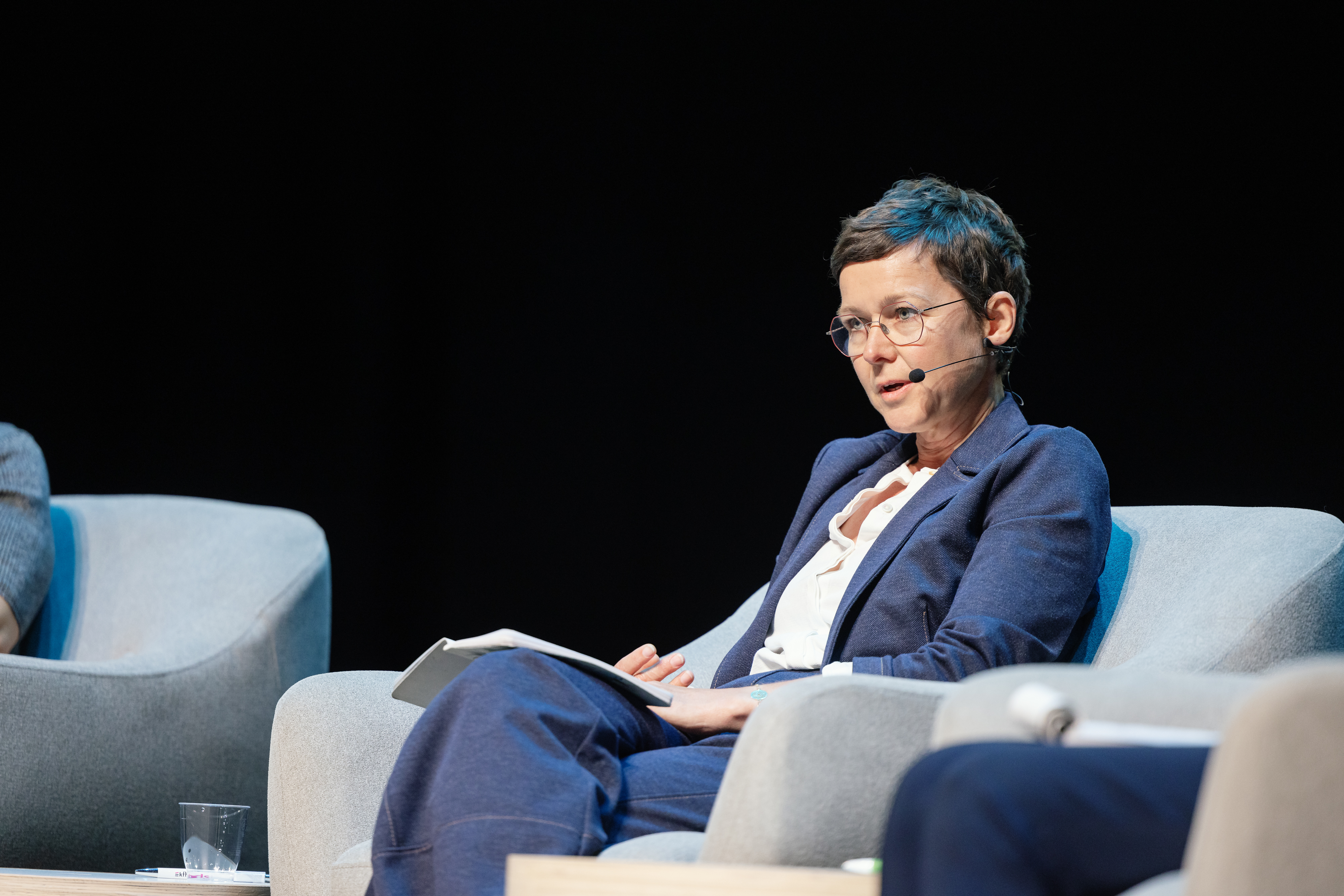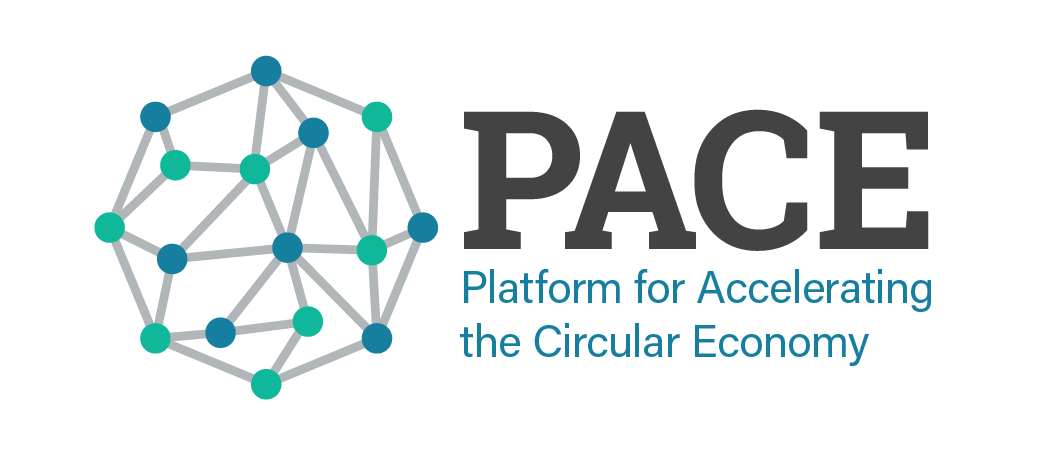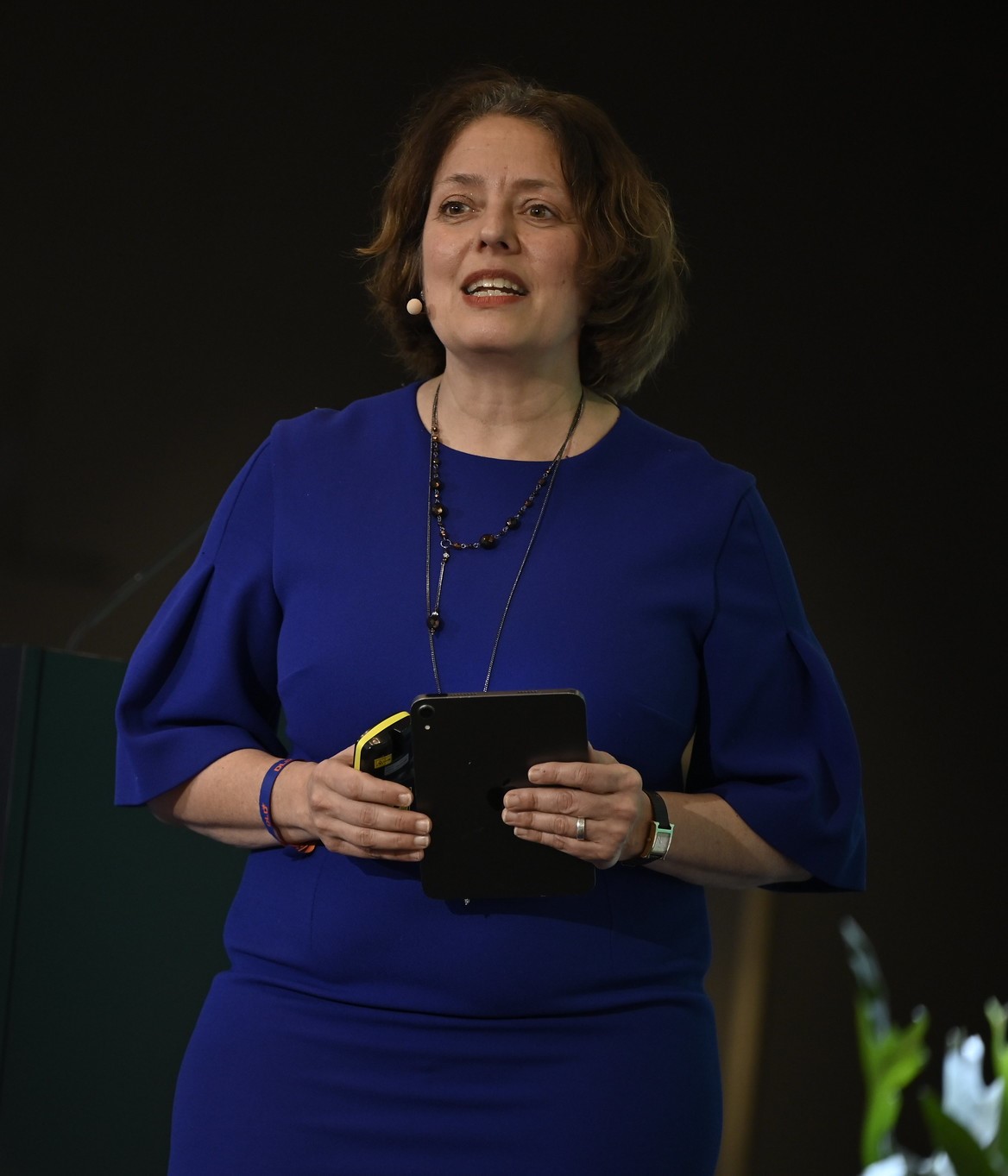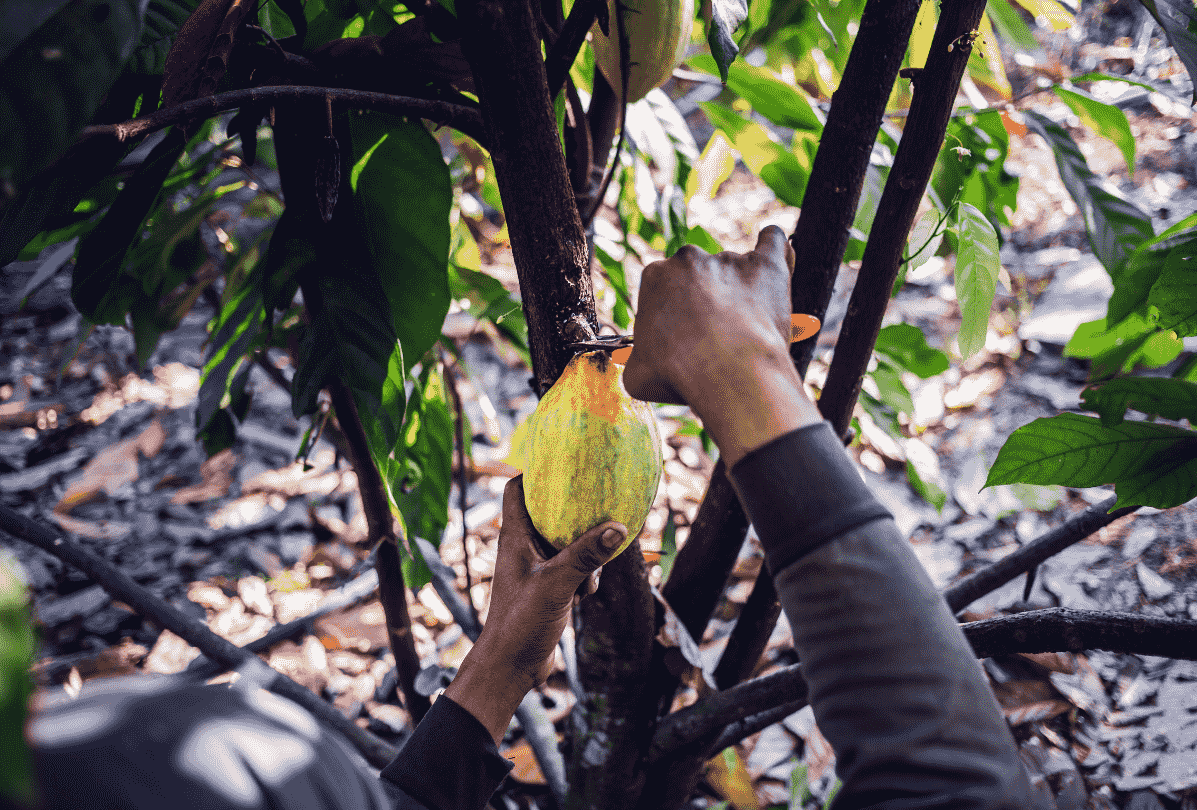PACE at WCEF2023: Reverse Supply Chains in the Electronics Sector
Article subtitle
PACE led the session ‘Reverse supply chains in the electronics sector’ at this year’s World Circular Economy Forum held from 30-31 May in Helsinki, Finland.
PACE led the session ‘Reverse supply chains in the electronics sector’ at this year’s World Circular Economy Forum held from 30-31 May in Helsinki, Finland.
‘For the full benefits of a more circular economy to be realized, we need to make systems-level interventions across multiple industries and value chains.’ —
Raffi Balian (Division Chief, US Department of State), keynote speaker and first US Government official to speak in person at the forum.
The session addressed two key aspects of increasing circularity within the electronics sector: the efficient collection of post-consumer e-waste, and the effective transboundary movement of e-waste.
Panel I: Exploring collection opportunities and innovative solutions
Participants: Alexander Batteiger (Deutsche Gesellschaft für Internationale Zusammenarbeit [GIZ]), and Tuuli Myllymaa from the Finnish Environment Institute (Syke).
Panel II: How can we build an efficient reverse supply chain for e-waste through effective regulation implementation?
Participants: Jonas Dreger (Apple), Julie-Ann Adams (European Electronics Recyclers Association [EERA]), Tatiana Terekhova (UN Environment Programme), and Robine van Dooren (Netherlands Enterprise Agency [RVO]).
These discussions emphasized the need for collaboration, trust-building, and harmonization of stakeholders to advance circular practices in the electronics sector.
The session was followed by a private meeting between PACE and speakers, to discuss key learnings and the next steps to be taken.
Photos from the session, courtesy of Akifoto for Sitra:
Ke Wang, Program Director at PACE moderated the panel discussions.
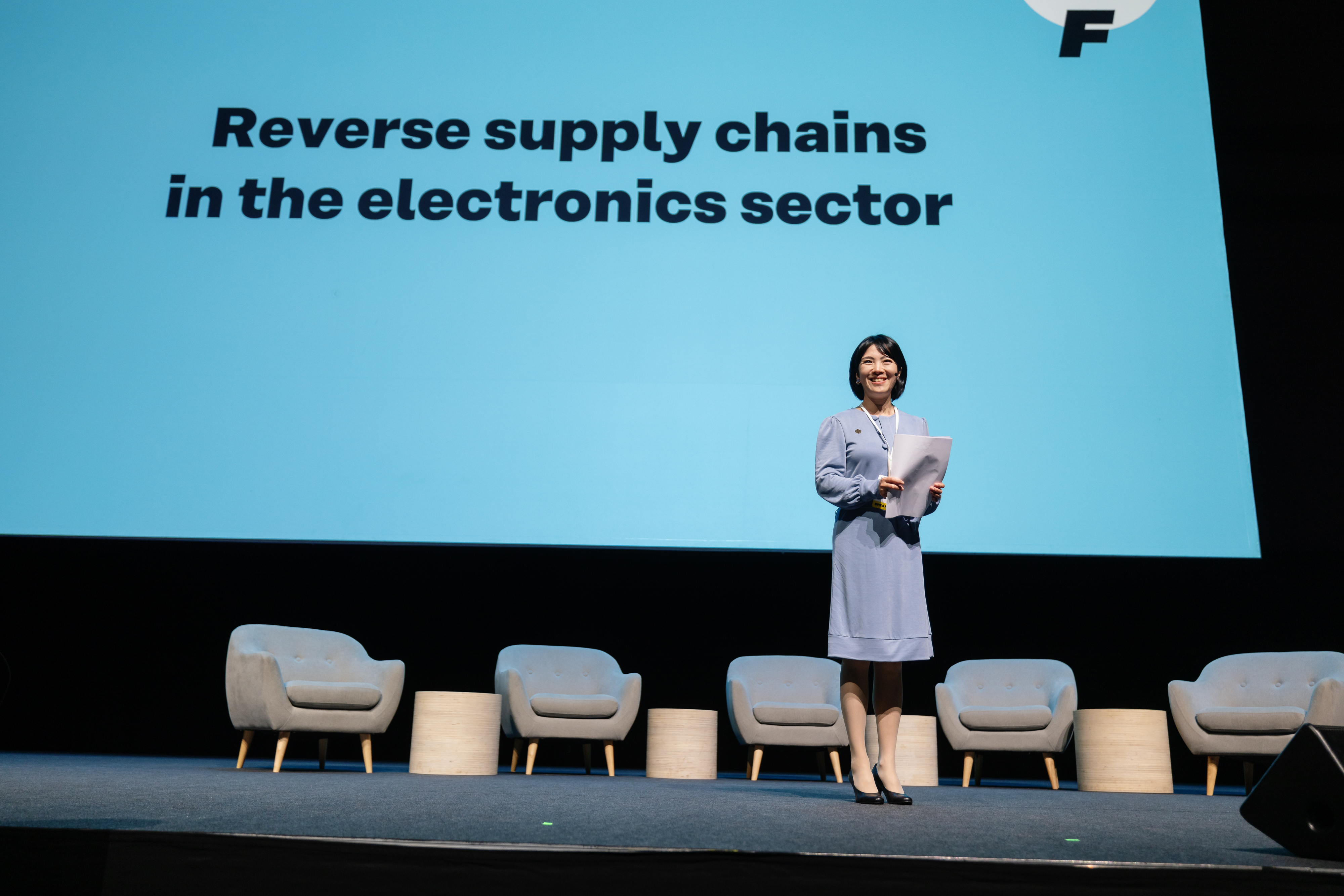
Raffi Balian opened the session with a keynote speech on 'Opportunities for robust global reverse supply chains to ensure critical material recovery – the United States perspective'.
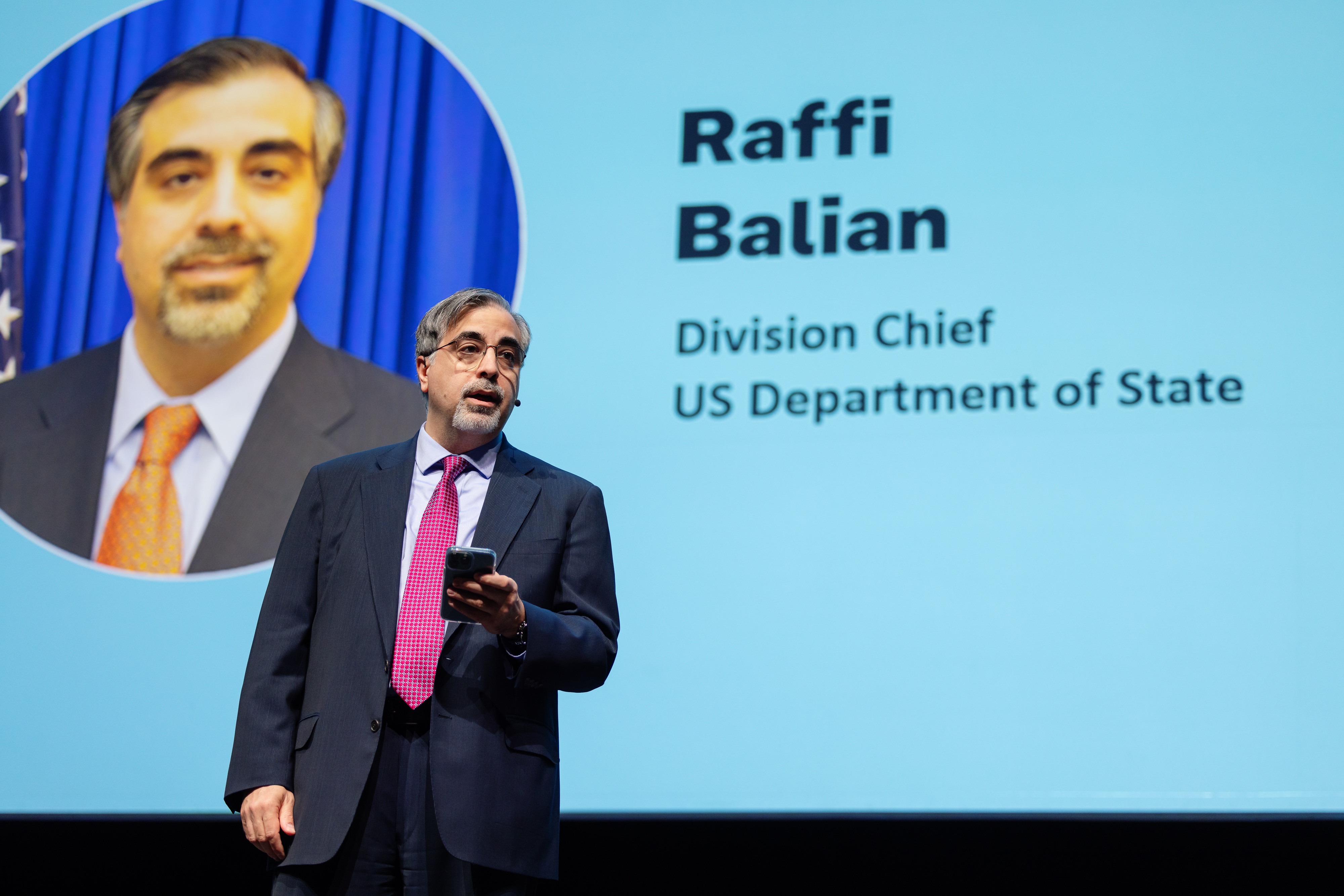
The first panel discussion explored collection opportunities with Alexander Batteiger from GIZ and Tuuli Myllymaa from the Finnish Environment Institute (Syke).
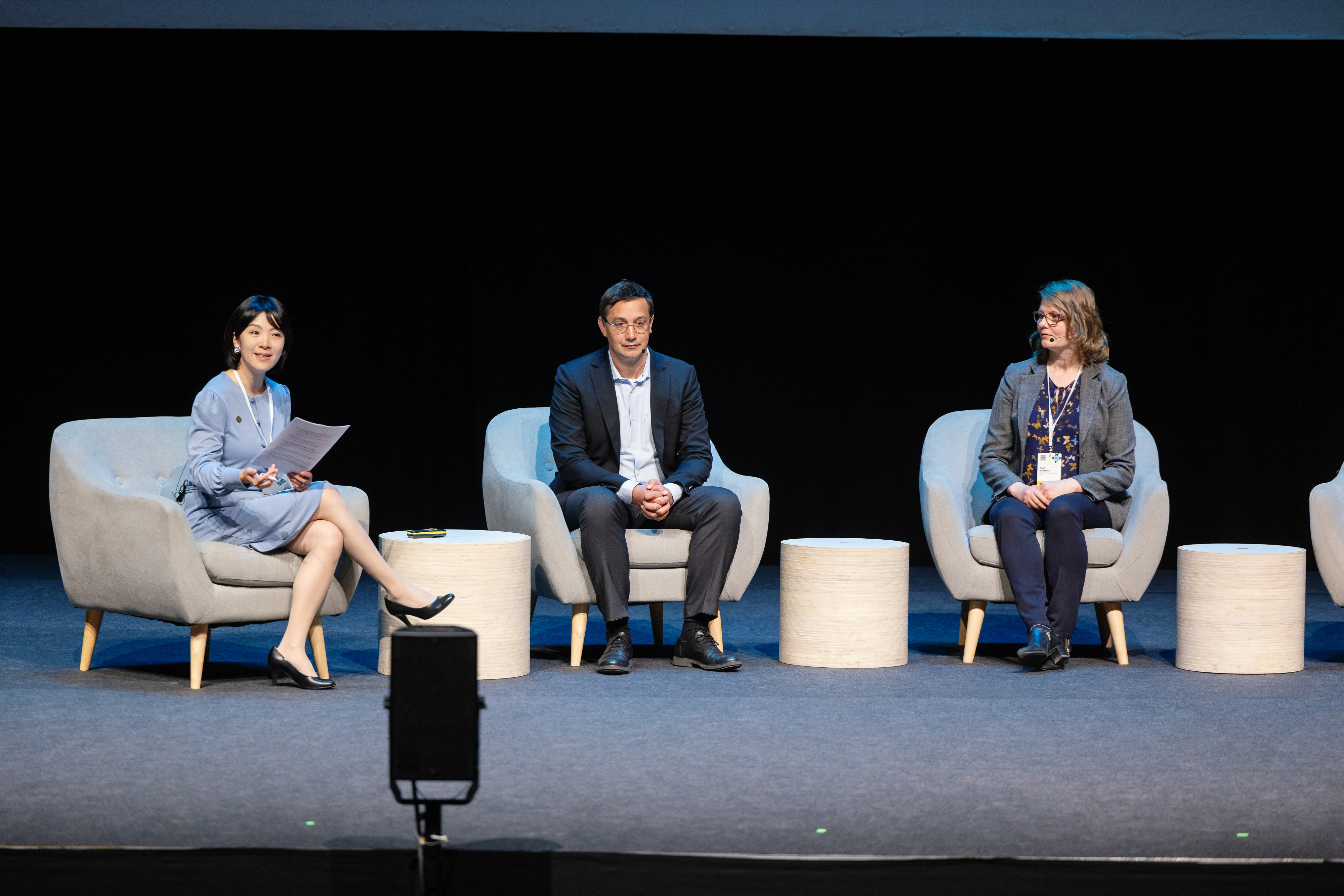
Alexander Batteiger shared insights from his work advising governments in Ghana on e-waste programs.
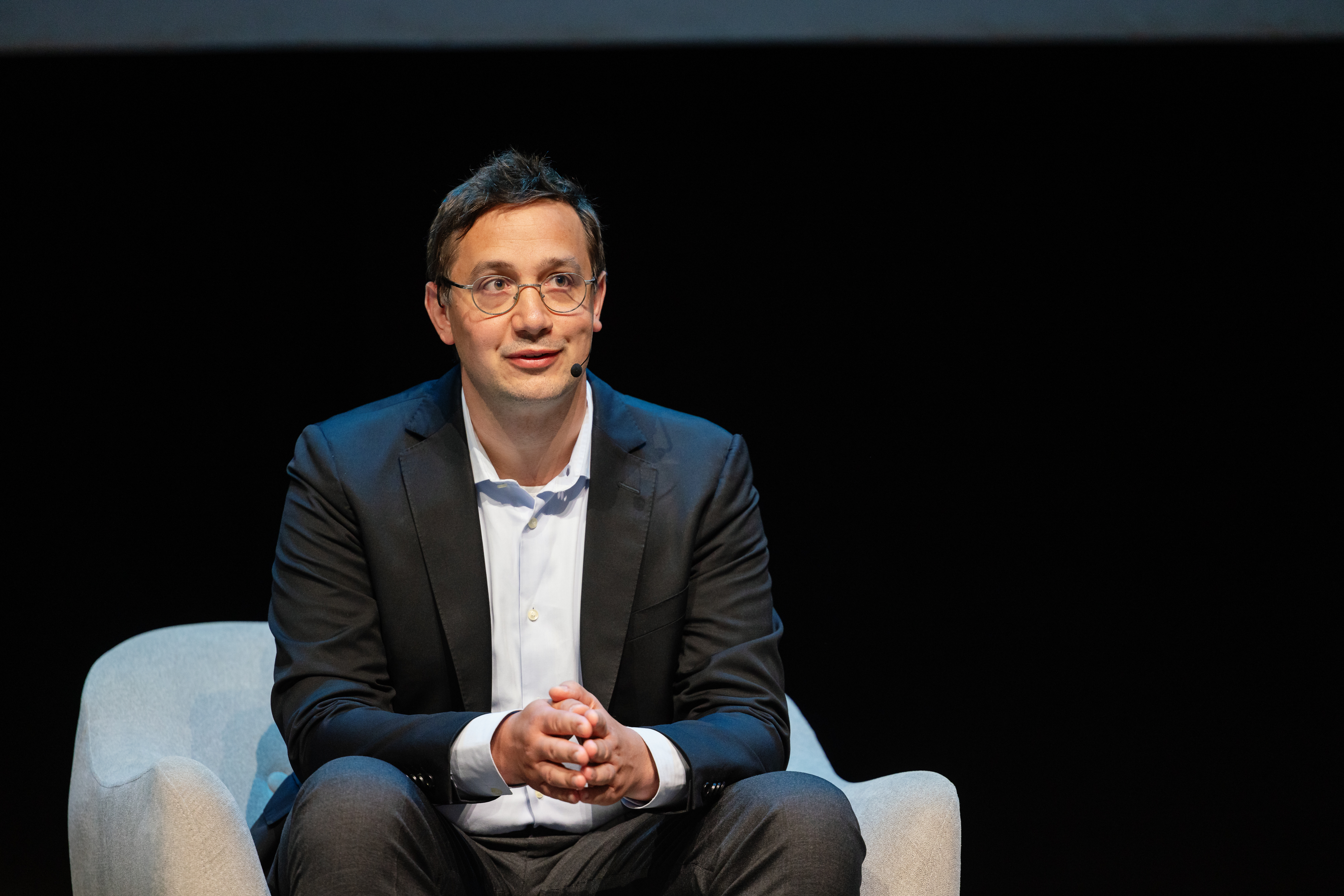
Tuuli Myllymaa shared Finland's successful model, where producers are responsible for collection, and consumers can conveniently deliver old devices to regional collection points.
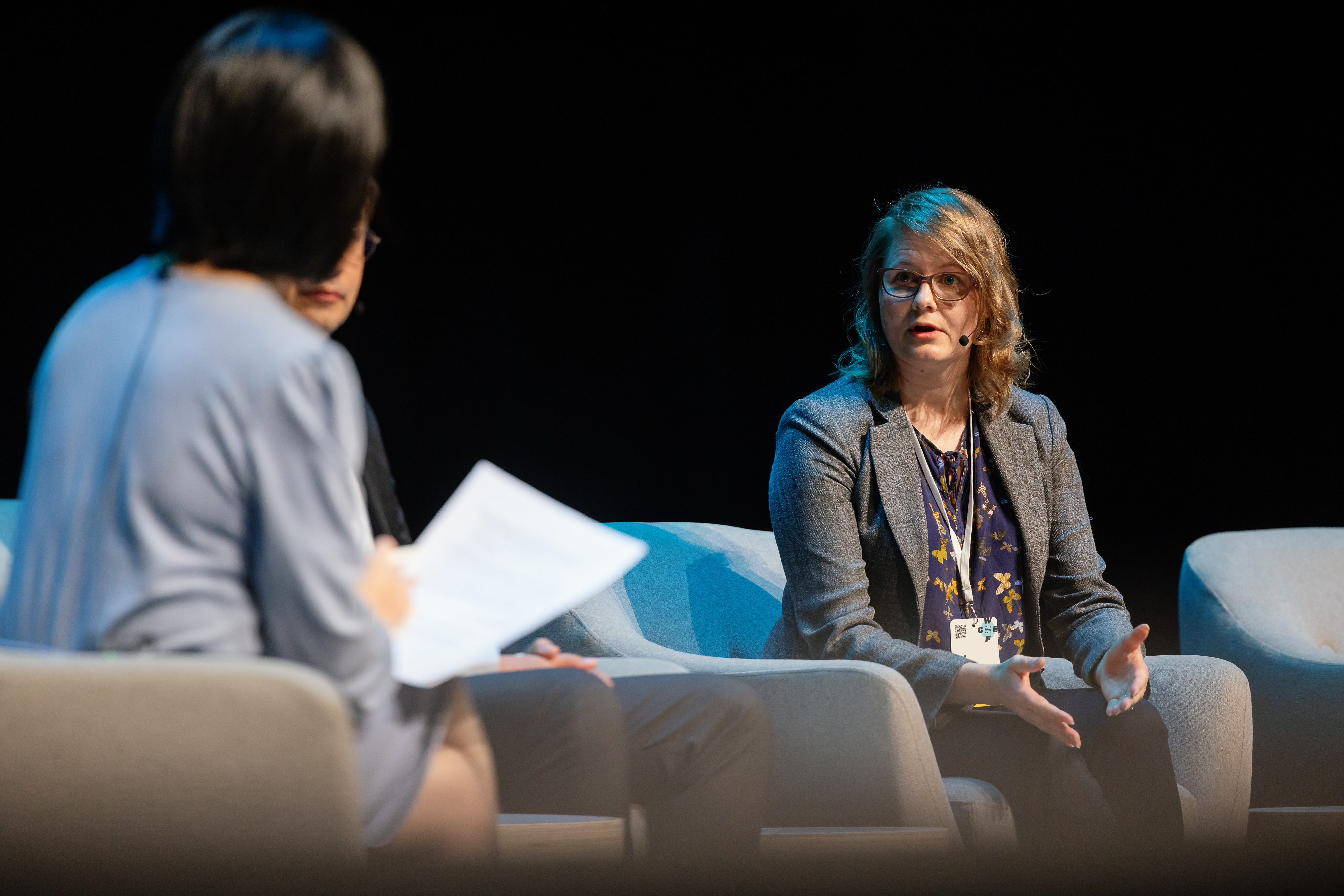
The second panel discussion addressed the complexities of transboundary movement of e-waste, highlighting the need for efficient international regulations to ensure environmentally sound practices.
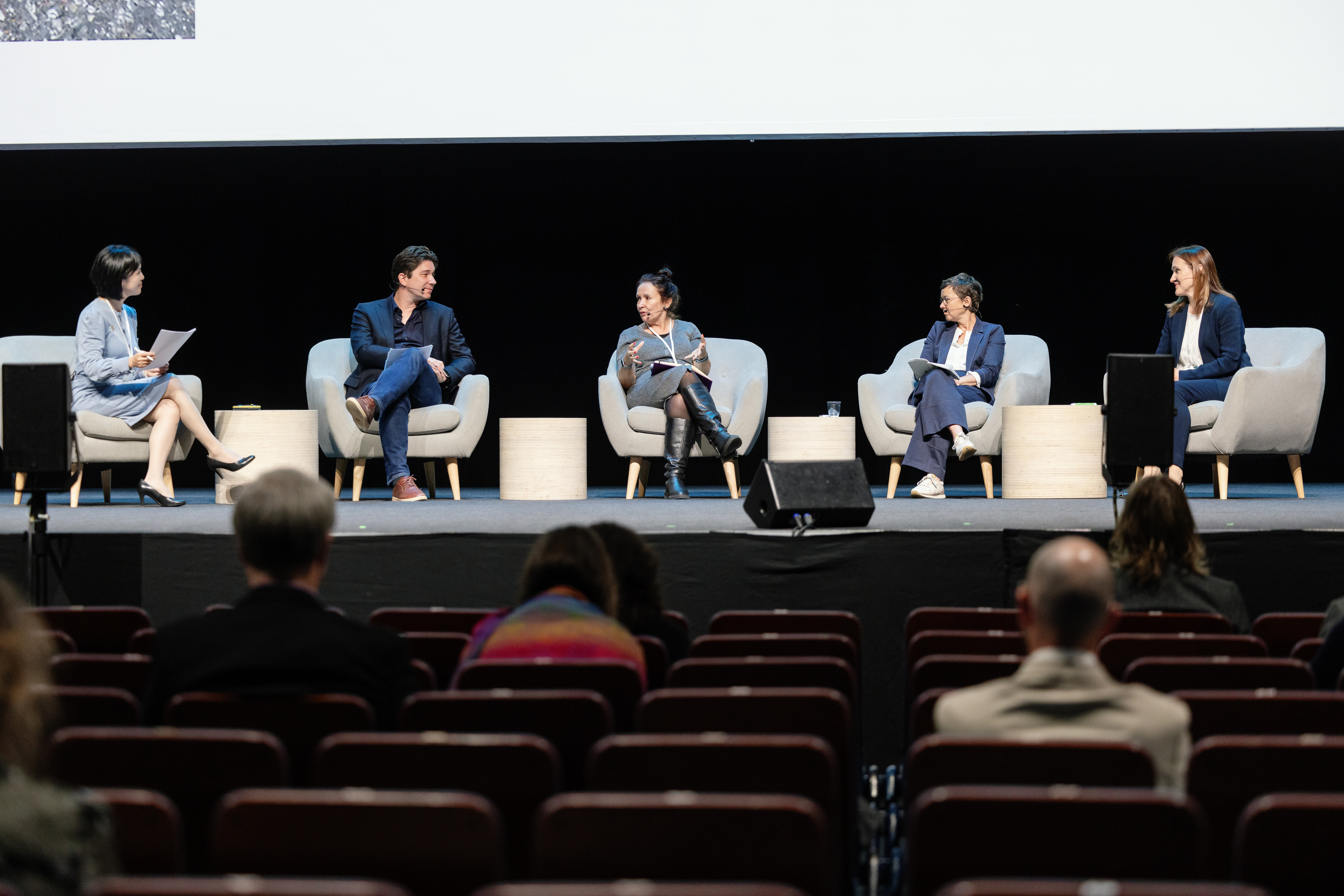
Tatiana Terekhova, Programme Officer at the Secretariat of the Basel Convention discussed how the recent amendments to the Basel Convention provided legal clarity to defining e-waste that has previously acted as a barrier to effective transboundary movement.
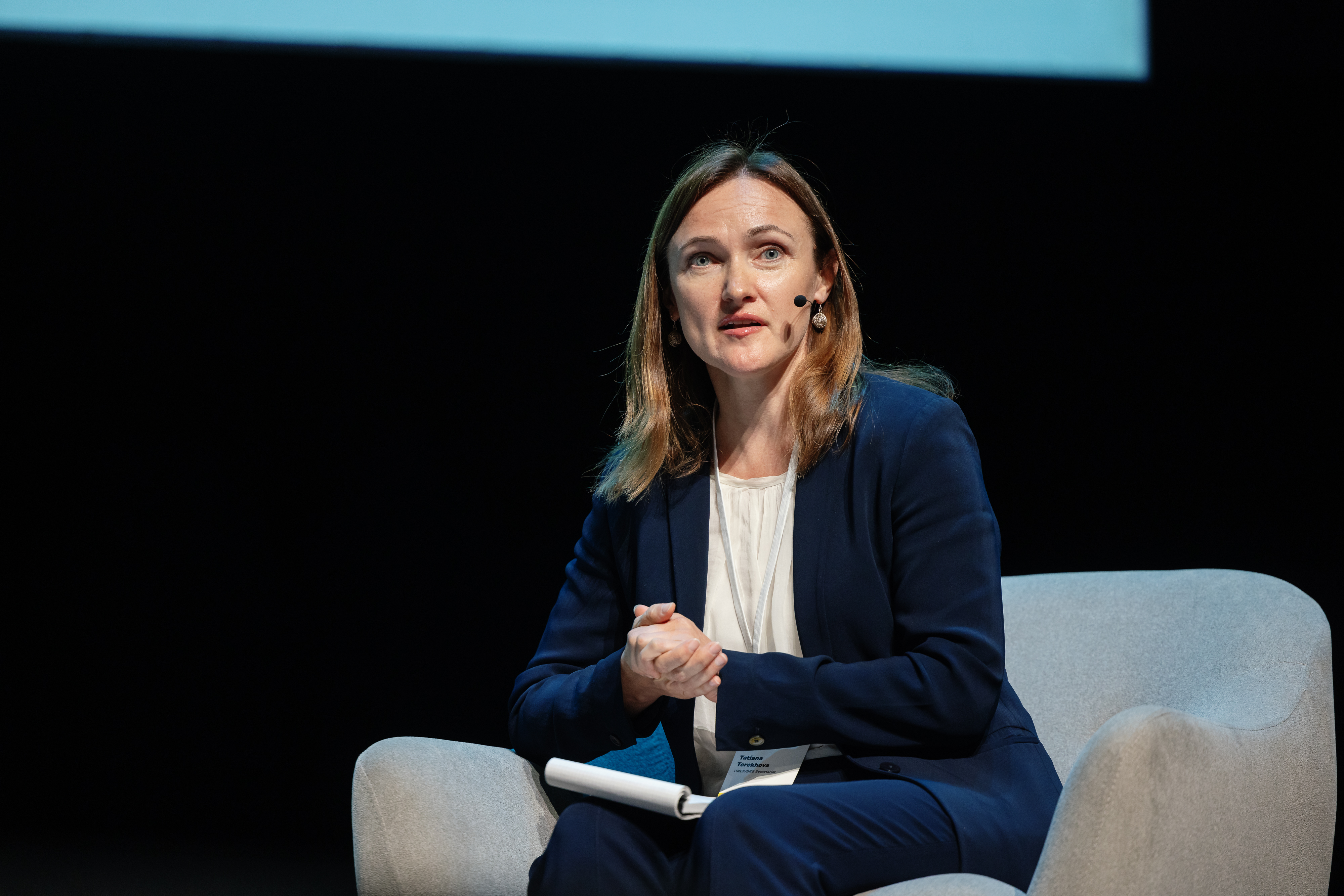
Julie-Ann Adams from the European Electronics Recyclers Association (EERA) discussed how the recent amendments to the Basel Convention will hit competent authorities and how the transboundary movement of e-waste is implicated within global supply chains.
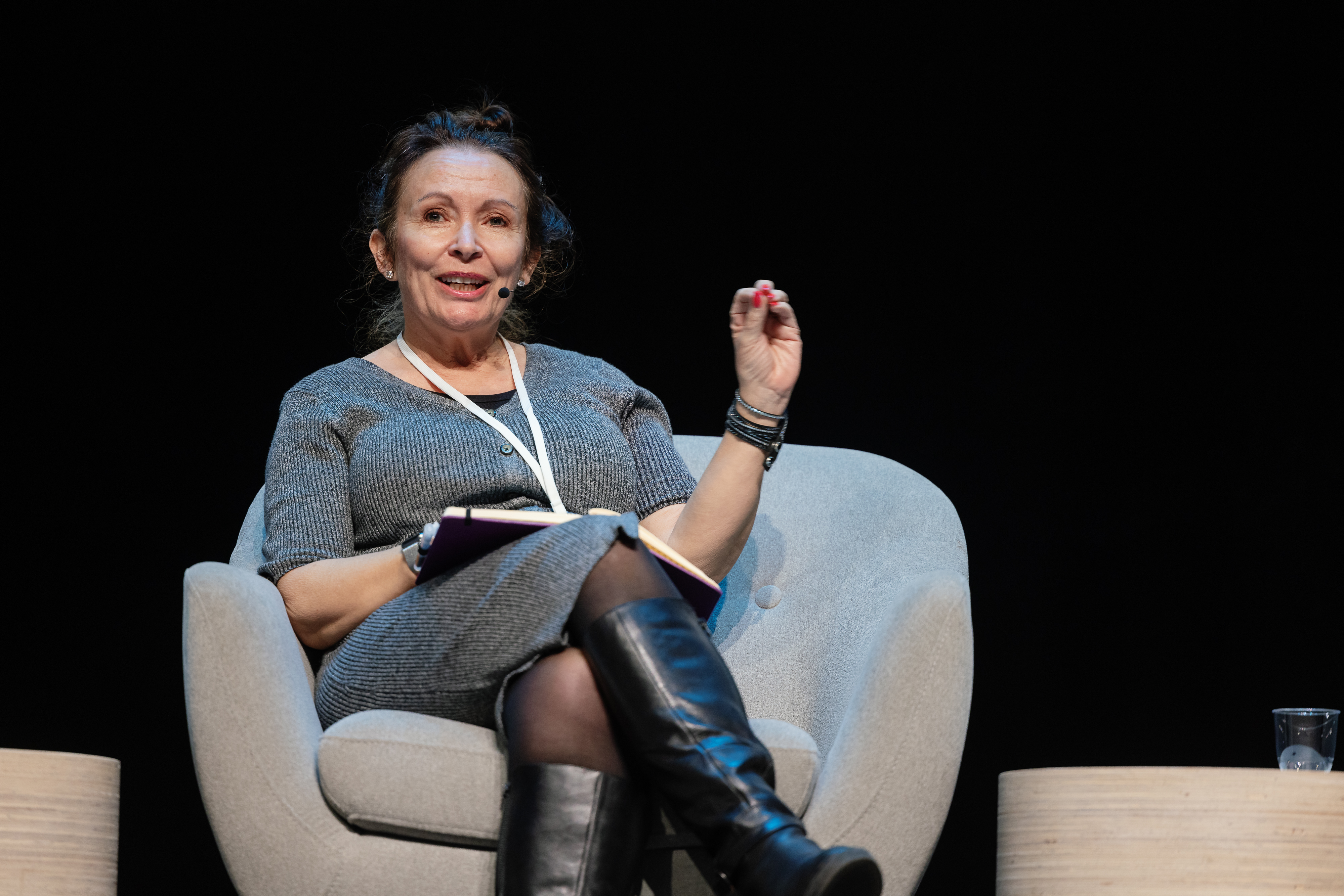
Jonas Dreger summarised how Apple's commitments to using recycled materials within its products fits into the broader goal of being carbon neutral by 2030.
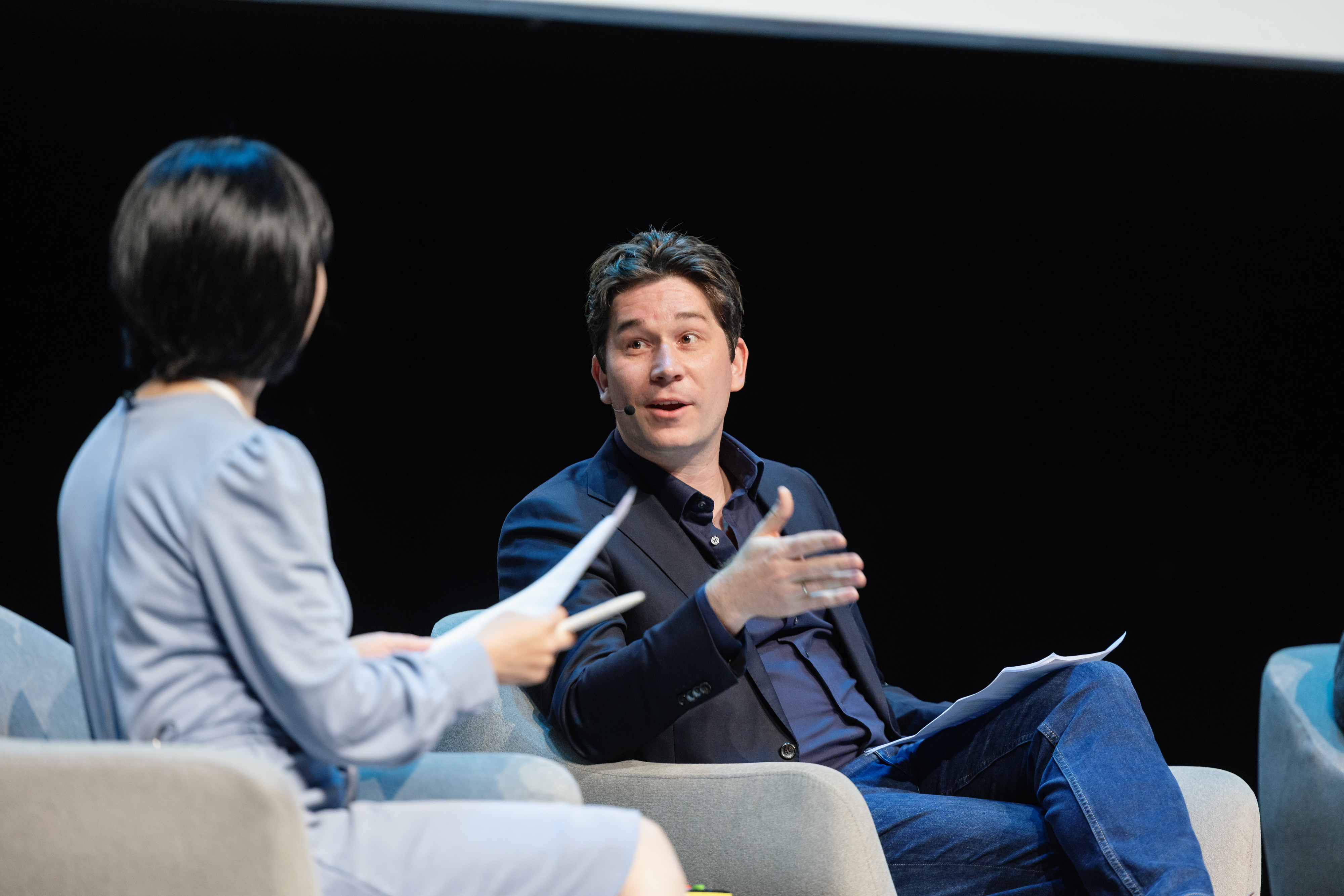
Robine van Dooren from the Netherlands Enterprise Agency (RVO) drew upon her experience of coordinating stakeholders in the North Sea Resources Roundabout Project, noting that to harmonise stakeholders across countries requires trust, creativity and small practical steps.
